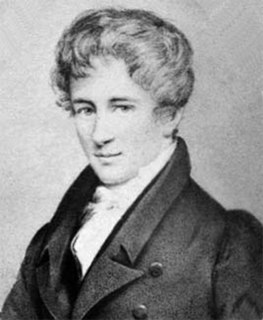A Quote by Milan Kundera
For existential mathematics, which does not exist, would probably propose this equation: the value of coincidence equals the degree of its improbability.
Quote Topics
Related Quotes
I am a Prince," he replied, being rather dense. "It is the function of a Prince—value A—to kill monsters—value B—for the purpose of establishing order—value C—and maintaining a steady supply of maidens—value D. If one inserts the derivative of value A (Prince) into the equation y equals BC plus CD squared, and sets it equal to zero, giving the apex of the parabola, namely, the point of intersection between A (Prince) and B (Monster), one determines value E—a stable kingdom. It is all very complicated, and if you have a chart handy I can graph it for you.
The problem of synchronicity has puzzled me for a long time, ever since the middle twenties, when I was investigating the phenomena of the collective unconscious and kept on coming across connections which I simply could not explain as chance groupings or "runs." What I found were "coincidences" which were connected so meaningfully that their "chance" concurrence would represent a degree of improbability that would have to be expressed by an astronomical figure.
It is probably no exaggeration to suppose that in order to improve such an organ as the eye at all, it must be improved in ten different ways at once. And the improbability of any complex organ being produced and brought to perfection in any such way is an improbability of the same kind and degree as that of producing a poem or a mathematical demonstration by throwing letters at random on a table.
What I realized is that if we're going to be able to have a theory about what happens in, for example, nature there has to ultimately be some rule by which nature operates. But the issue is does that rule have to correspond to something like a mathematical equation, something that we have sort of created in our human mathematics? And what I realized is that now with our understanding of computation and computer programs and so on, there is actually a much bigger universe of possible rules to describe the natural world than just the mathematical equation kinds of things.






































